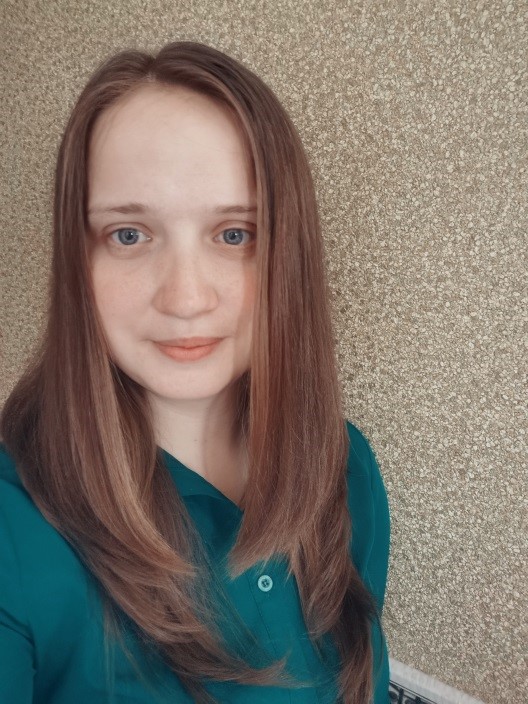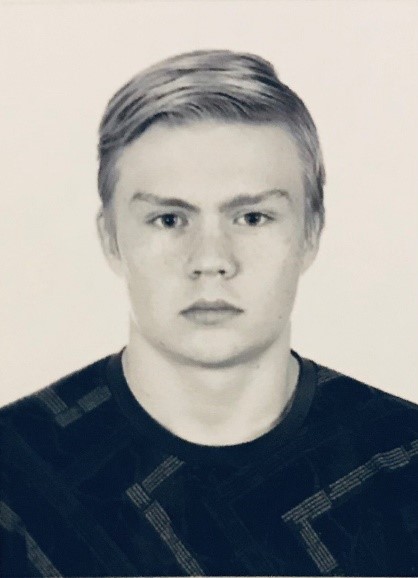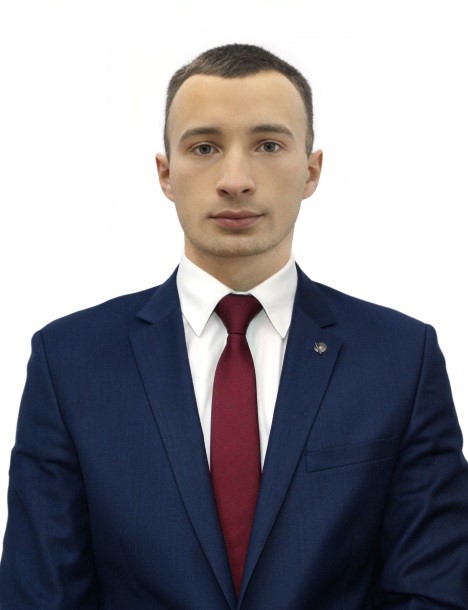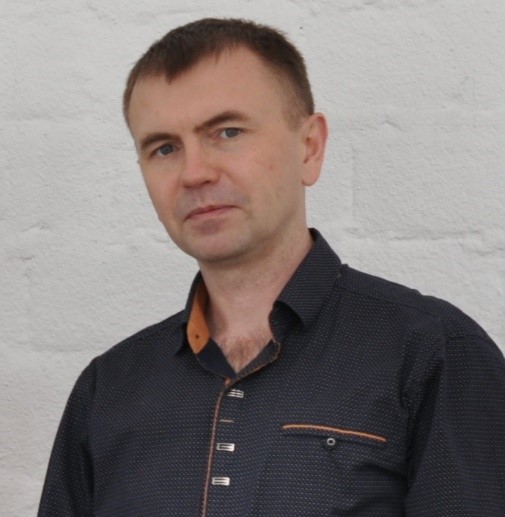The time-optimal synthesis technique flight paths of an unmanned aircraft
DOI 10.51955/2312-1327_2024_2_134
Abstract. The article considers the method of synthesis of an optimal UAV flight path and an algorithm of the flight control system. The system and algorithm are designed for four-dimensional (4D) trajectory-based operations (TBO) in the context of the CNS/ATM and PBN concepts, which will increase the operational efficiency of the UAV navigation and piloting processes. The paper presents a mathematical model of the control object and algorithms for forming a time-optimal flight path. An assessment of the proposed methodology is also presented by verifying and validating the system software using simulation modeling. The results obtained demonstrate the functional capabilities of the control system to create time-optimal profiles of trajectories that meet operational requirements.
Keywords: unmanned aerial vehicle (UAV), control system, optimal flight path.
Download article in PDF 577.5 kB





